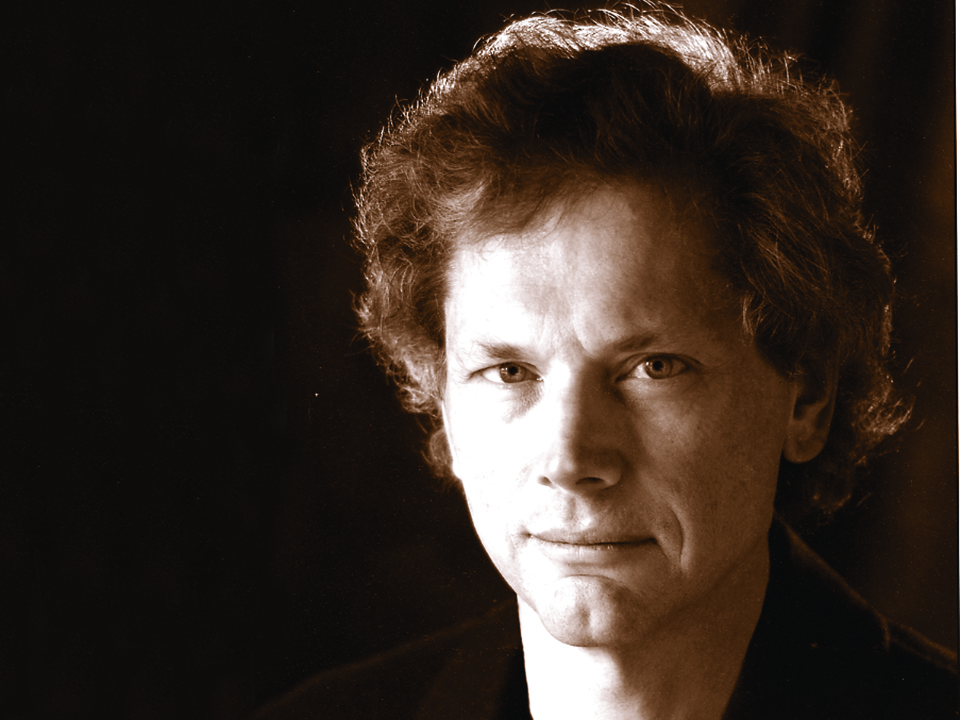Bill Joy

 Enlarge
Enlarge
Part of the magic of this digital age has been the ability to connect a number of computers in a network and share information. The first Internet—a vast web of computers—was clumsy and limited until 1984, when the University of California at Berkeley released a new version of UNIX (4.2BSD) that included a complete implementation of the TCP/IP networking protocols—conventions that became the backbone of the modern Internet. Bill Joy designed that new version of UNIX.
He went on to co-found Sun Microsystems in 1986 where, years later in 1995, he unveiled Java, another programming language of his design. Java plays a major role in bringing the Web and countless games and applications to life—the language has been integral to the development of the software business.
Joy is a fellow of the American Academy of Arts and Sciences, a member of the National Academy of Engineering, and member of the Computer Museum Industry Hall of Fame. He received ACM Grace Murray Hopper Award in 1986, the Computerworld Smithsonian Award for Innovation in 1999, and the PC Magazine 1999 Lifetime Achievement Award. Fortune magazine has called him the “Edison of the Internet.”
In 2000, he published the essay Why the Future Doesn’t Need Us, in Wired magazine.
 MENU
MENU 
